4.8 Google Rating

What is a Load Calculation?
When it comes to keeping your home comfortable year-round, selecting the right heating and cooling system is crucial. One of the most important steps in choosing an HVAC system is performing a load calculation. But what exactly is a load calculation, and why is it necessary for your home? In this blog post, we’ll explore what a load calculation is, why it’s essential for both energy efficiency and comfort, and how it can save you money in the long run.
What is a Load Calculation?
A load calculation is a detailed analysis used to determine the precise heating and cooling needs of your home. Rather than estimating or guessing, HVAC professionals rely on this calculation to ensure that the system installed will adequately meet the demands of your space. The load calculation takes into account various factors that affect the thermal load of your home, such as:
- Square footage of the house
- Number of windows and doors
- Insulation quality
- The home’s orientation to the sun
- Local climate conditions
- Occupancy levels
- The number of appliances generating heat
By considering all these variables, HVAC technicians can recommend the correct size system for your home. This calculation ensures your HVAC unit is neither too large nor too small, both of which can lead to inefficiencies and discomfort.
Why Is a Load Calculation Important?
The purpose of a load calculation is to determine the proper size of the HVAC system needed to keep your home at a comfortable temperature. If your system is too large, it will cycle on and off frequently, resulting in uneven cooling or heating, high energy costs, and more wear and tear on the unit. On the other hand, a system that is too small will have to work overtime to try to meet your home’s temperature demands, leading to higher utility bills, inadequate comfort, and a shortened lifespan for the unit.
Here are three reasons why performing a load calculation is essential:
- Energy Efficiency: A properly sized HVAC system will run more efficiently, reducing your energy consumption and lowering utility bills. This efficiency also reduces your carbon footprint, making your home more environmentally friendly.
- Comfort: When your system is sized correctly, it can maintain consistent temperatures throughout your home. A load calculation helps avoid hot or cold spots, ensuring even distribution of heating and cooling.
- System Longevity: By ensuring your system doesn’t have to overwork or frequently cycle on and off, you’ll extend the lifespan of your HVAC equipment, saving you money on repairs and premature replacements.
How is a Load Calculation Performed?
A load calculation is performed using industry-standard methods, such as Manual J, a calculation protocol developed by the Air Conditioning Contractors of America (ACCA). This method provides a detailed analysis of your home’s thermal load based on various factors.
Here’s a step-by-step breakdown of how the calculation is typically done:
Measuring the Square Footage: The first step involves measuring the square footage of your home, which will give a general idea of the space the HVAC system needs to service.
Evaluating Insulation and Windows: The amount and quality of insulation and the type of windows are major factors in determining how much heat your home retains or loses. Poor insulation or old, single-pane windows will increase your heating and cooling load.
Considering Heat-Producing Appliances: Appliances like ovens, refrigerators, and even lights can generate heat. Your HVAC system will need to account for the heat these appliances produce to ensure proper cooling.
Assessing Occupancy: The number of people in your home also plays a role. Each person generates body heat, and the more occupants, the higher the internal heat gain, which will affect cooling needs.
Factoring in Climate: Local climate conditions, including average temperatures, humidity levels, and seasonal weather patterns, are critical components of a load calculation. Homes in hotter climates need larger cooling capacities, while those in colder climates may need stronger heating capabilities.
Once all these factors are measured and calculated, the HVAC technician will determine the correct system size for your home. This ensures you get optimal performance and energy efficiency from your HVAC unit.
Benefits of a Proper Load Calculation
Many homeowners may wonder why it’s necessary to go through this detailed process rather than just purchasing a system based on square footage alone. The truth is, a load calculation provides more accuracy, and the benefits are significant:
- Lower Energy Costs: With the right size system, your HVAC unit will not need to overwork, leading to less energy consumption and lower monthly bills.
- Improved Comfort: A properly sized system will heat or cool your home evenly, providing better comfort without frequent adjustments to the thermostat.
- Reduced Environmental Impact: An energy-efficient system uses fewer resources, helping to lower your household’s carbon footprint.
- Fewer Repairs: Overworked systems are prone to frequent breakdowns and repairs. A load calculation ensures your system operates within its capacity, reducing the need for costly repairs.
When Should You Get a Load Calculation?
If you’re installing a new HVAC system or replacing an old one, it’s essential to have a load calculation done before any equipment is purchased. A professional HVAC technician will use this calculation to recommend the best system for your home. Even if you’re upgrading insulation, replacing windows, or adding space to your home, it’s a good idea to have a new load calculation performed to ensure your current system is still the right fit.
Additionally, if you’re noticing issues like uneven heating or cooling, frequent cycling, or high energy bills, it may be a sign that your system is improperly sized. In such cases, scheduling a load calculation can help diagnose and correct these problems.
The Role of McCullough Heating & Air Conditioning
At McCullough Heating & Air Conditioning, we understand the importance of getting your HVAC system sized perfectly. Our expert technicians are trained to perform precise load calculations, ensuring that your home gets the right system for optimal comfort and energy efficiency. Whether you’re installing a new system, upgrading your current one, or experiencing inefficiencies, we’re here to help.
Contact McCullough Heating & Air Conditioning
Are you ready to ensure your home’s HVAC system is working efficiently? Contact McCullough Heating & Air Conditioning today to schedule your load calculation. Our team of professionals is here to assist you with all your HVAC needs, from installation to maintenance and repairs. Let us help you improve your home’s comfort and energy efficiency with the right system size for your space!
Recent News
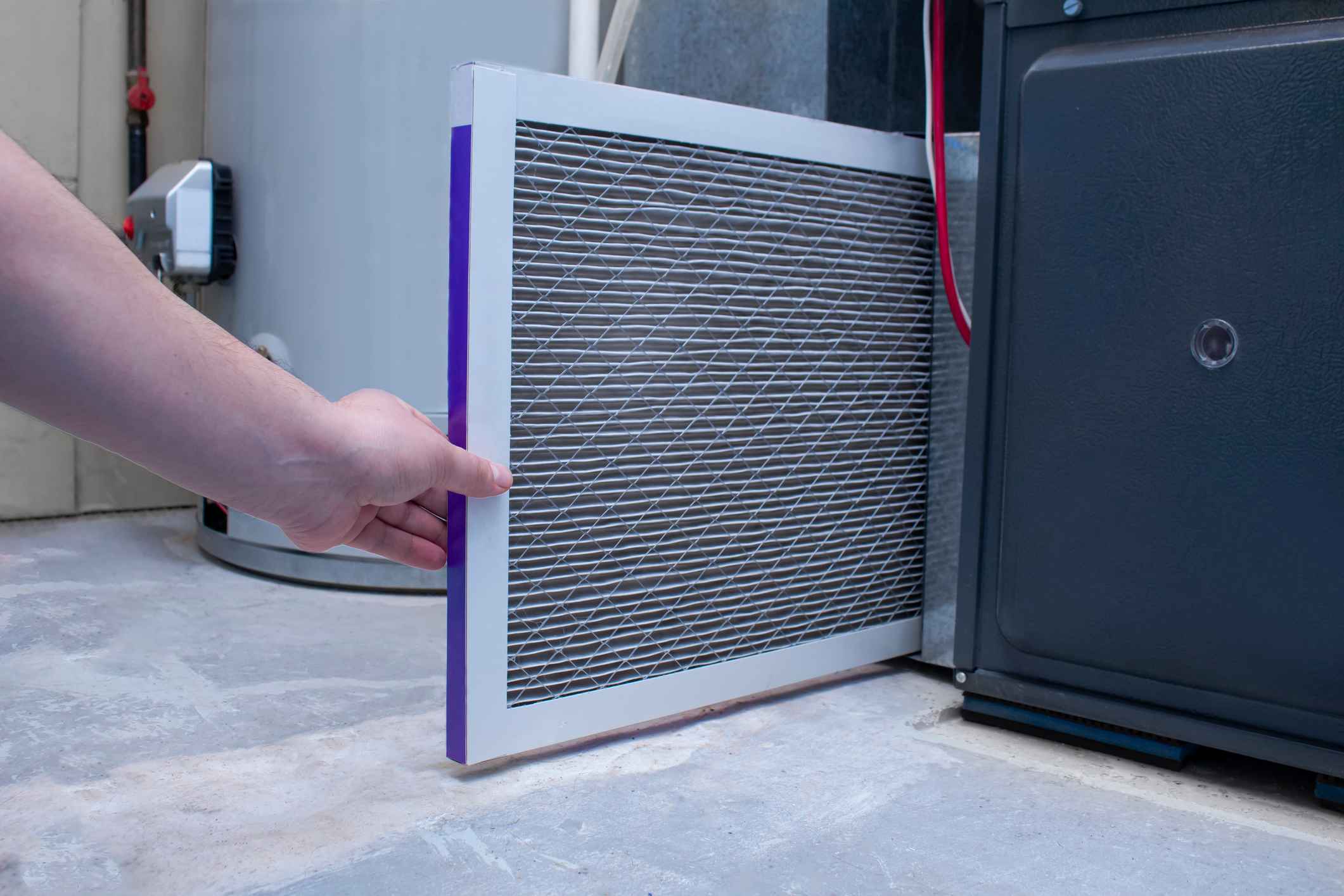
Holiday Indoor Air Quality Tips for Austin Homes: Keep Your Air Clean While Hosting Guests
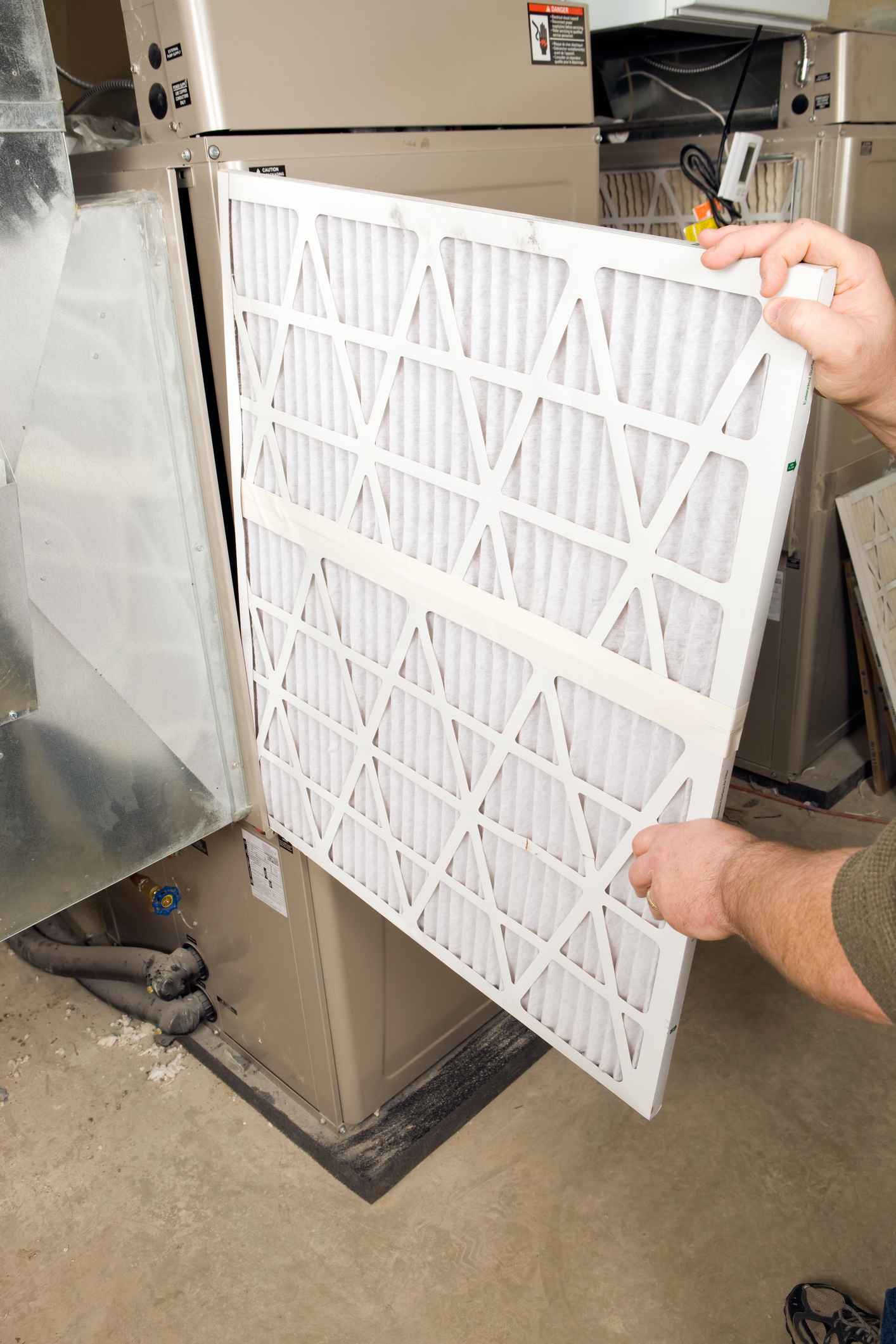
December HVAC Checklist: How Austin Homeowners Can Stay Warm During Sudden Cold Snaps

The Hidden Costs of Ignoring HVAC Duct Leaks in Austin’s Humid Climate
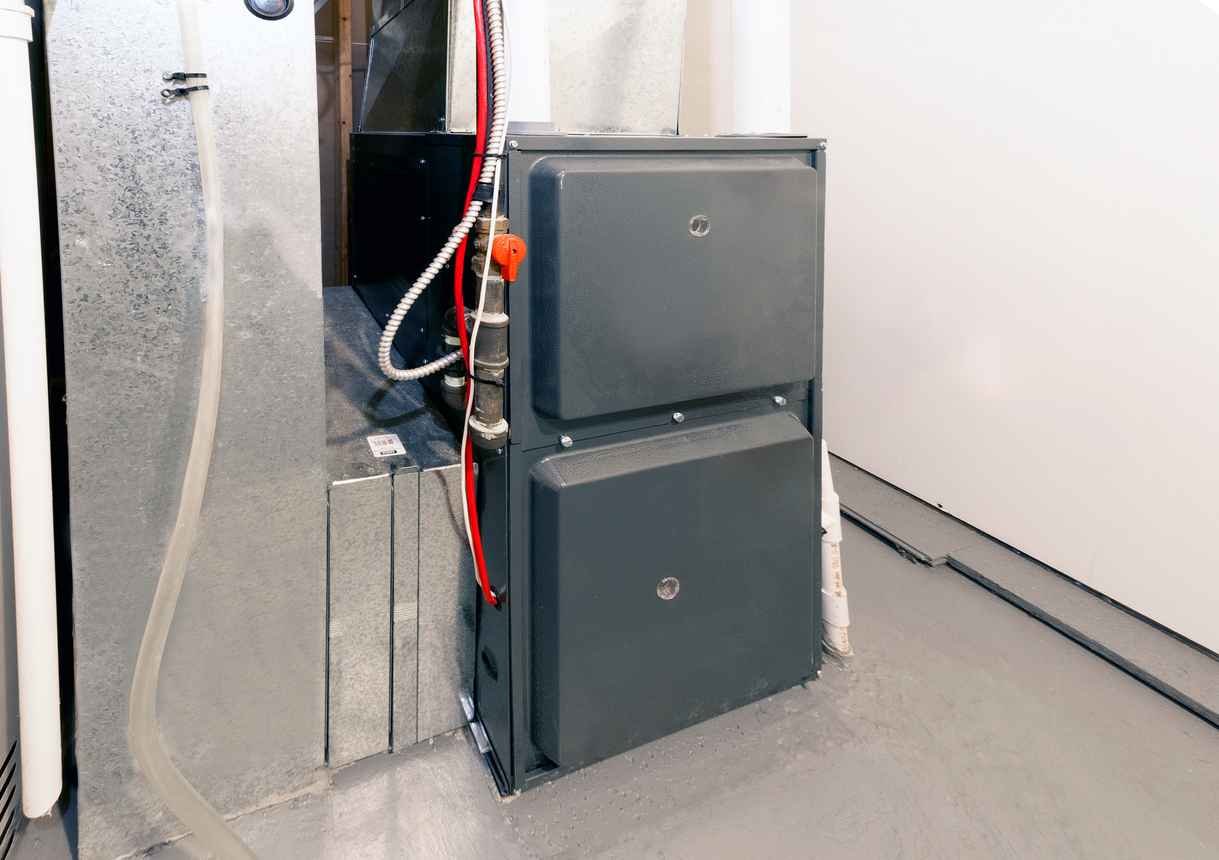
What Makes McCullough Heating & Air Conditioning the Right Choice for Austin Heating Needs
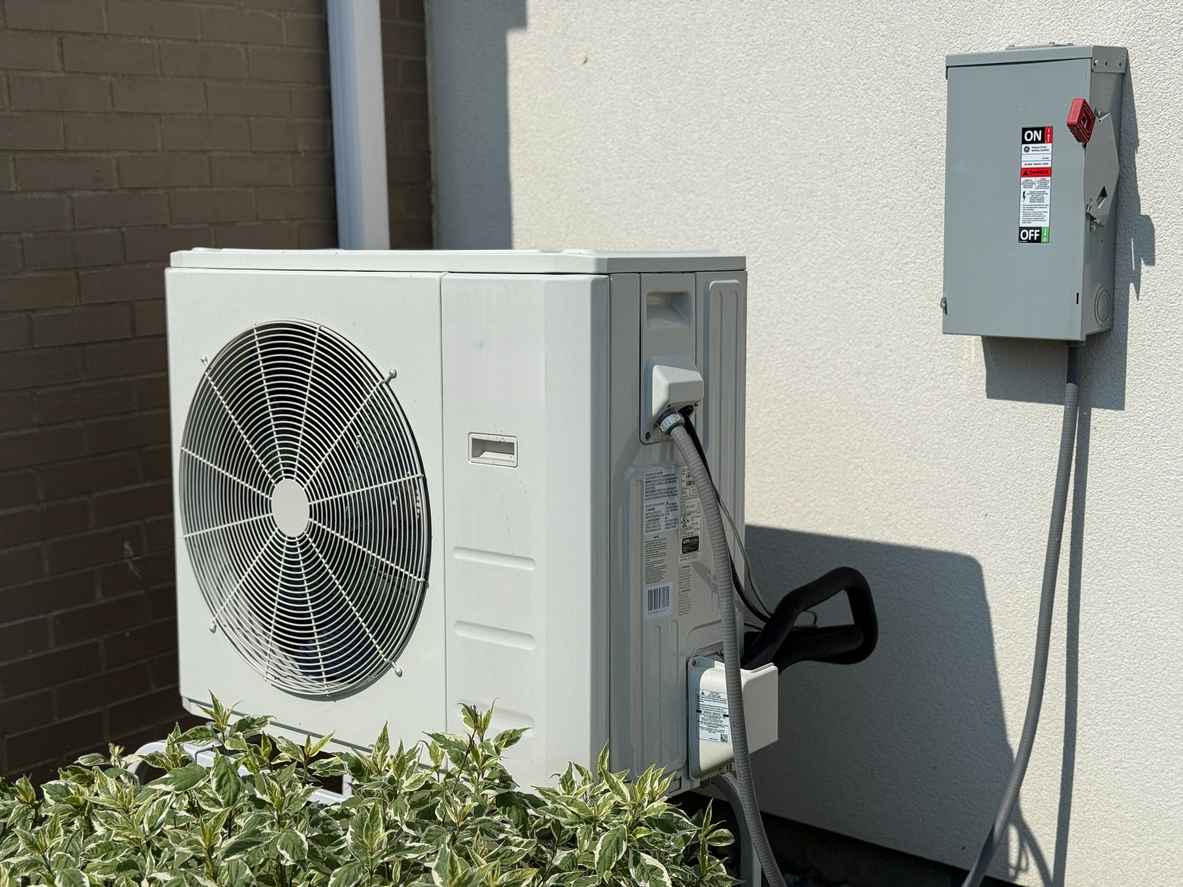
Why Texas Homeowners Are Upgrading to Heat Pumps in 2026: Efficiency & Tax Credit Insights
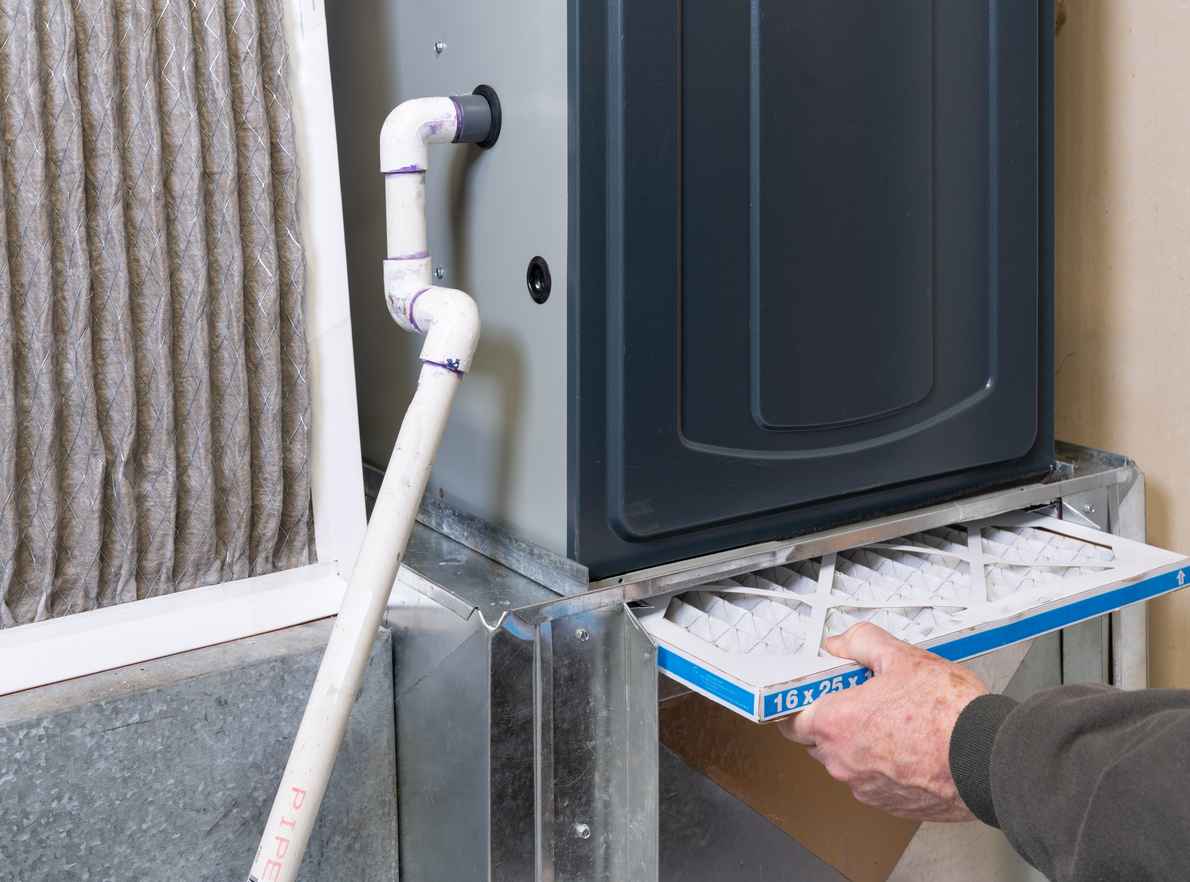
Is Your Furnace Ready for a Central Texas Winter? Austin Homeowners Should Check This First


